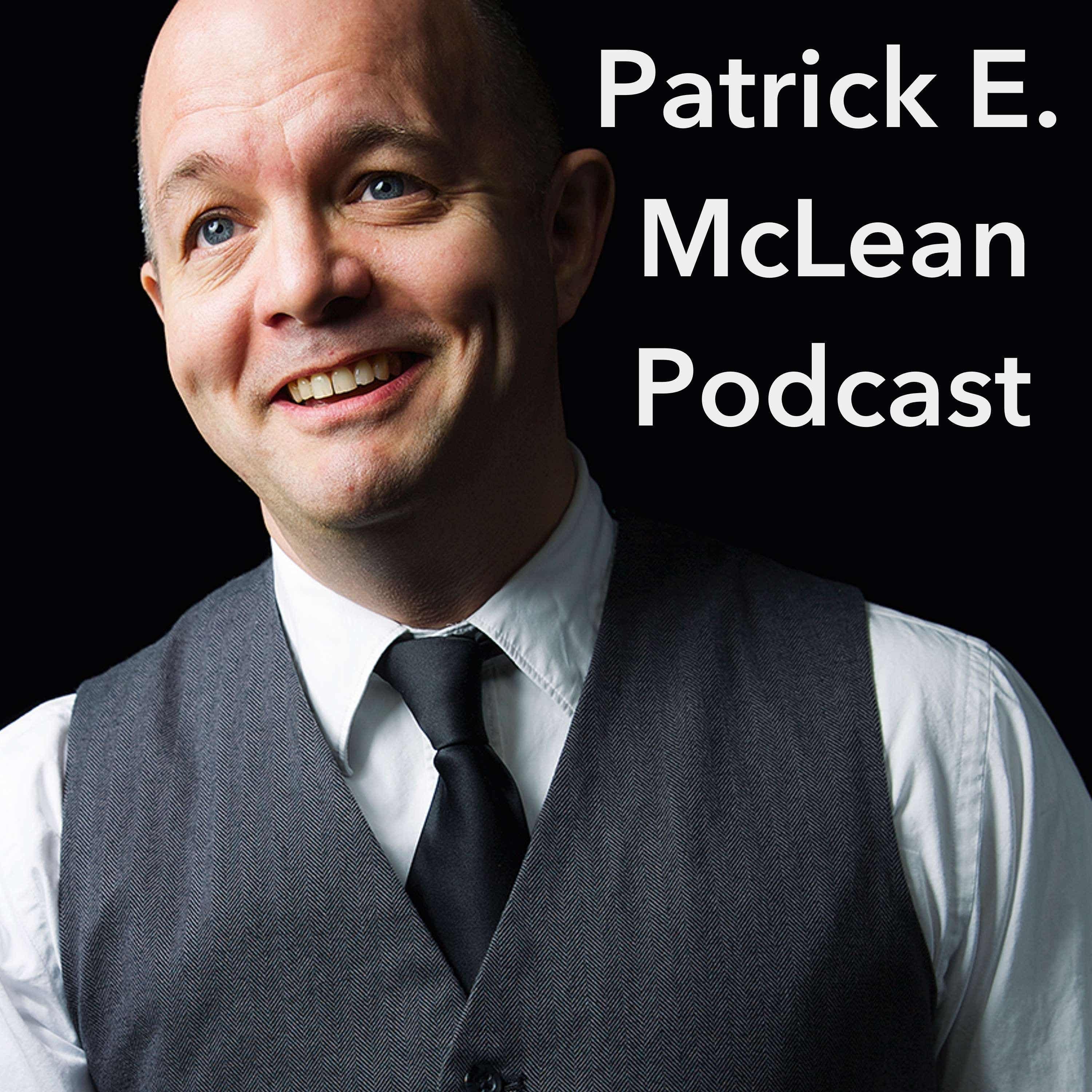What Makes a Great Story?
Description
The completely truthful, reasonable, and logical answer is that nobody knows. If people really knew, we would be a lot better at making them. Not just books, but movies, TV shows, plays, really anything that involves narrative art. And we're not. Hollywood bombs all the time with things that everyone expects will be great. Now, you can argue that a lot of those failures are failures because of group-think and creation by committee -- and I sympathize with that view, but auteurs fail all the time as well.
I remember going to a screening of an independent film once. And after the movie was over the two guys who made it got up on stage and talked about what they went through, and took some questions. The movie wasn't horrible, but it wasn't good either. It was just there. And they talked about how it was their dream to make this movie. How they had slaved long nights and maxed out their credit cards, really given it their all.
I love the romance and passion of it, but, even at the time I thought to myself, "Why?" If I was going to risk everything to tell a story, that wouldn't be the story I would tell. I would have spent more time writing a better script, developing a better idea. Because that one fell flat.
But most films do. Most books do. Most everything does.
And here's what's particularly maddening about that. We are all very good at knowing what we like. So you'd think that we could follow that instinct and use it to make something great with some degree of reliability. Or we could learn the knack of it from someone really good. Like, I should be able to apprentice at the feet of Taika Waititi and come back a brilliant and humane comedy director.
But it doesn't work that way. I think you could certainly spend time with Michael Bay and learn how to make a viewer dizzy and confused. But to inspire and move, to really connect with power in that way that only a story can, I don't think you can be great merely by copying someone else.
Copying someone else is a great way to start. The Rolling Stones wanted to be Muddy Waters. Robert Plant wanted to be Howlin' Wolf. They failed gloriously and became something else, that was something good.
Woody Allen has said multiple times that as a stand-up comedian and actor, he was trying to be Bob Hope. Compare clips of them side by side and you'll see it immediately.
But as Thelonius Monk said,
"The genius is the one that is most like himself."
All of these people took their impulses and ultimately used them to become more like themselves.
And I think this is true of story because every story is such a complicated knot of meaning. I think that something like a novel or a screenplay is best thought of as an intersection of systems. Dialog, plot, character selection, symbolism, description, prose style -- whatever you want to put on that list, everybody has to learn to put them together in their own way. I can no more write an authentically Taika Waititi movie than I can grow his mustache. I can grow my own mustache, and I can work to make it a good one.
All of that sounds like it should be right. But there's a stubborn fact left in the way. There are only a few kinds of stories and maybe one ultimate form. So wouldn't that be a blueprint for what makes a great story?
Well kind of. I think that following the conventions of a genre or honoring the expectations of something like the hero's journey is necessary, but not sufficient. Stories have deep structure, for sure. And as crazy as it may sound, I don't think they are socially constructed. I think they are a fundamental part of our psyche, the primary way we understand meaning and seek to deal with deep conflicts within ourselves.
Stories are structures that pop up again and again in our lives, both internally and externally.
One of the simplest, oldest, and most used forms of story is the "Overcoming the Monster
More Episodes
Short fiction every week and serial novel "A Town Called Nowhere"
Published 08/22/22
Published 08/22/22
Laura looked out over what was left of the Town of Grantham. Smoldering buildings. Bodies scattered across the street. She realized that this was the reality. This was the natural state. There would be no rescue. Not by Virgil nor anyone else. She felt an urge to lay down with the dead and be at...
Published 07/29/22


